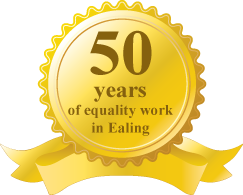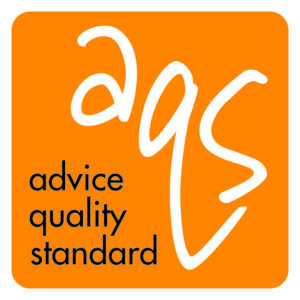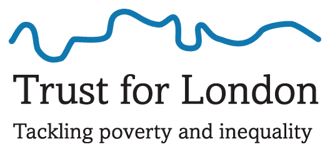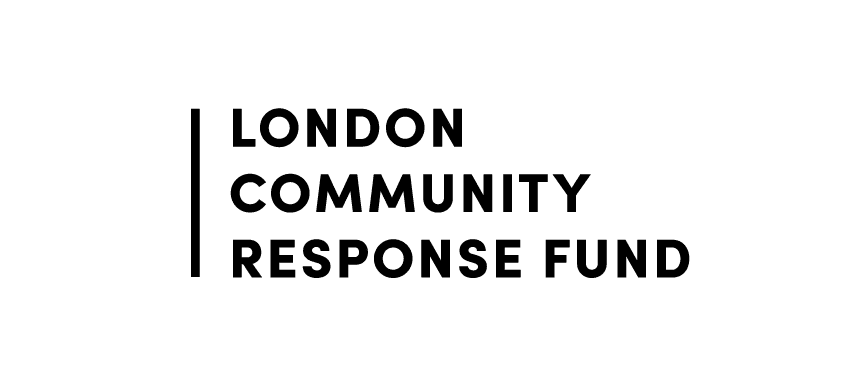The West London Equality Centre (WLEC) is a non-profit organisation based in West Ealing in London. We have been focused on advancing and promoting equality and human rights for members of the Ealing community since the establishment of the organisation in 1963. We provide free legal advice for vulnerable individuals who may not otherwise have access to legal services due to the high cost and other limiting factors.
This blog aims to inform and raise awareness about hate crime as part of the West London Equality Centre’s 2021-2024 Hate Crime Project. The project’s focus is to provide support to victims and or witnesses of hate crimes or incidents through legal advice and casework. The project also aims to encourage the increased reporting of hate crimes or incidents as many cases go unreported and fail to be thoroughly investigated.
Background on Hate Crime in England and Wales
What is the difference between a hate crime and a hate incident?
A hate crime is defined by the Metropolitan Police Service (MPS) and the Crown Prosecution Service (CPS) as:
Any criminal offence which is perceived by the victim or any other person, to be motivated by hostility or prejudice, based on a person’s disability or perceived disability; race or perceived race; or religion or perceived religion; or sexual orientation or perceived sexual orientation or transgender identity or perceived transgender identity.
Hate crimes can include threatening behaviour, assault, robbery, damage to property, incitement to hatred, offensive graffiti and arson.
A hate incident is defined as:
Any incident, which is not a criminal offence, that the victim, or anyone else, believes is based on someone’s prejudice towards them because of their race, religion, sexual orientation, disability or because they are transgender.
Hate incidents can include verbal or online abuse, abusive gestures, insults or harassment, offensive leaflets and posters and discriminatory comments.
The five strands of hate crime are:
- Race
- Religion
- Disability
- Sexual Orientation
- Transgender Identity
Which sources of legislation in England and Wales deal with hate crime?
Hate crime falls under the Crime and Disorder Act 1998 and Section 66 of the Sentencing Act 2020 which allows prosecutors to apply for a sentence uplift for individuals who have been convicted of a hate crime.
♦ A sentence uplift takes effect when a court passes an increased sentence where the prosecutor has evidenced that criminal offences either demonstrate or have been motivated by hostility towards a person’s race, religion, disability, sexual orientation or transgender identity.
What can be classified as hate crime?
The three main types of hate crime are verbal abuse, physical assault and incitement to hatred. However, any crime can be prosecuted as a hate crime if the offender has either:
- demonstrated hostility based on race, religion, disability, sexual orientation or transgender identity
Or
- been motivated by hostility based on race, religion, disability, sexual orientation or transgender identity
What is the most prominent strand of hate crime in England and Wales?
According to the Home Office, between March 2021 and March 2022, there were a total of 155,841 hate crimes recorded by the police in England and Wales. Racial attacks constitute the majority of hate crimes, and there were 109,843 recorded within the above-mentioned year. This was the highest number of hate crimes recorded since the Home Office initially began to record hate crime statistics in 2012.
In regard to the other strands of hate crime, there were 8,730 religious hate crimes, 26,152 sexual orientation hate crimes, 14,242 disability hate crimes and 4,355 transgender hate crimes in the year ending March 2022.
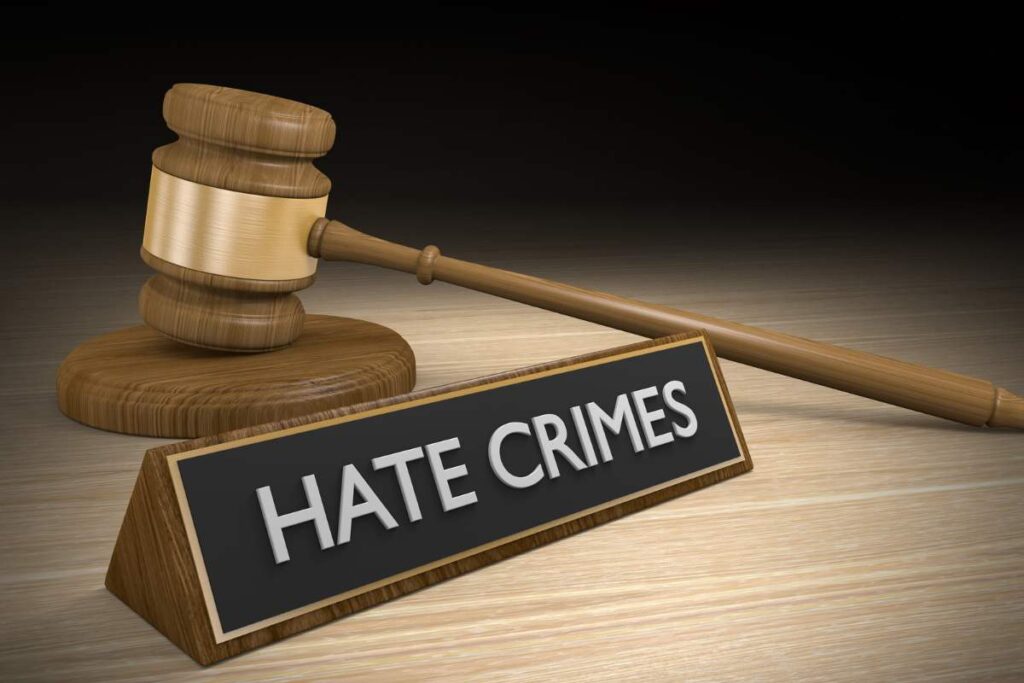
Hate Crime Case Studies
* These case studies relate to hate crime cases which the West London Equality Centre is involved with.
Case Study 1
The victims are a same-sex couple who have been harassed by their neighbour for over 3 years because of their sexual orientation. The couple have not been able to use the back garden of the property because their neighbour allows her aggressive dog to roam freely, preventing them from access. Neither the police, the local authority nor the housing association have intervened to control the tenant’s behaviour which, sadly, is not uncommon. Harassment is a hate crime if it is related to the victim’s protected characteristic, but cases involving neighbours are routinely overlooked and simply treated as anti-social behaviour and or neighbour disputes. Victims are left to endure years of torture because they are not in a position to move. The WLEC is now assisting the victims.
Case Study 2
The victim is an Asian woman who has been harassed by her neighbour for over 13 years because of her race. The local authority told the victim that they could do nothing about it, until we intervened. The police also ignored the hate crime aspect of the case. The victim has been traumatised by the harassment. Since the WLEC became involved, the police, the local authority and the housing association have engaged with the victim.
Case Study 3
We assisted a Hindu family that was being abused and harassed by a Sikh family for over 2 years. The police and the local authority deemed it a neighbour dispute even though the families have never been in dispute, and, for this reason, the hate crime aspect was simply ignored. Eventually, the two main perpetrators were arrested for hate crimes and prosecuted under the Crime and Disorder Act 1998, which allows for sentence uplifts where there is an aggravated element of a case. The perpetrators were also subject to restraining orders.
How can I report a hate crime or incident?
You can report a hate crime or incident to the police by visiting a police station or by calling 999 if the crime is in progress or if someone is in immediate danger. If the crime is not an emergency, you can report it to the police by calling 101.
Hate crimes or incidents can also be reported using True Vision, a police-funded website developed to allow individuals to report hate crimes online, rather than by visiting a police station. Please note that although not all hate incidents will amount to criminal offences, they should still be reported to the police. (Link for True Vision – https://www.report-it.org.uk/)
Additionally, hate crimes or incidents can be reported to victim support organisations such as the West London Equality Centre by calling our designated hate crime helpline at 0800 2943 479. We can offer free legal advice regarding the next steps to be taken and preserving evidence, contact the police on behalf of victims and or witnesses and consider practical solutions to help deal with incidents or the aftermath of incidents.
How we can help you
Our team comprises of qualified legal professionals, legal advisors, caseworkers and volunteers who can help to provide concise and accurate legal advice and carry out casework on hate crime matters.
Sources:


